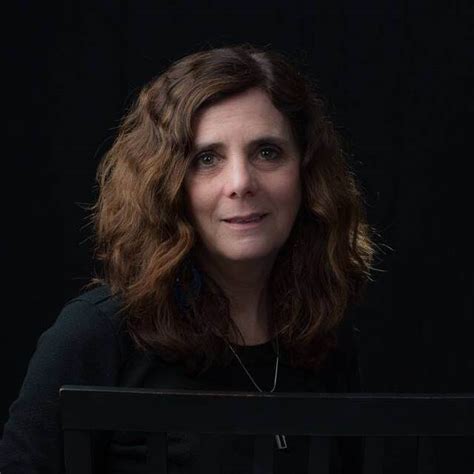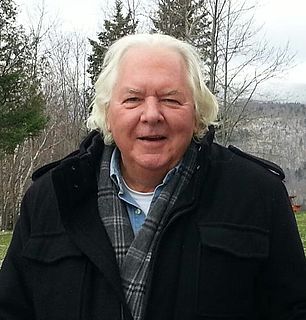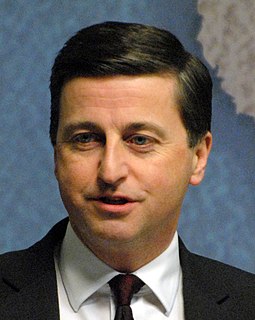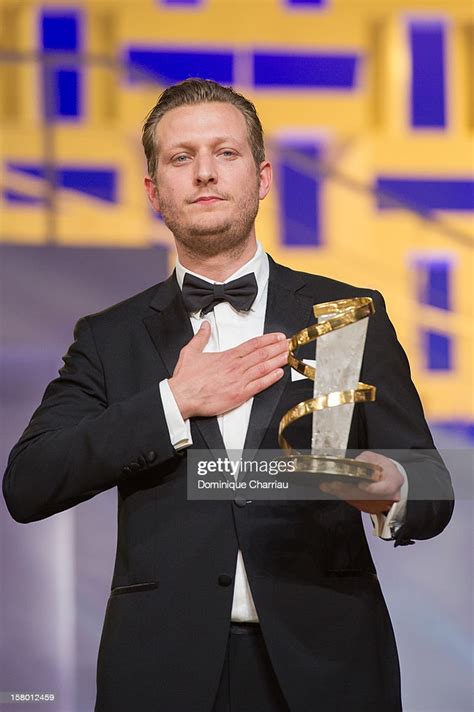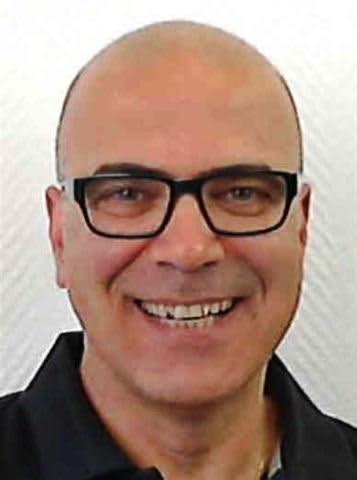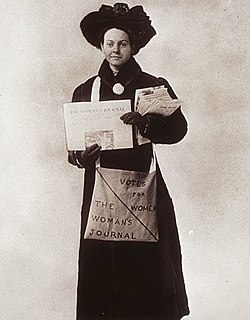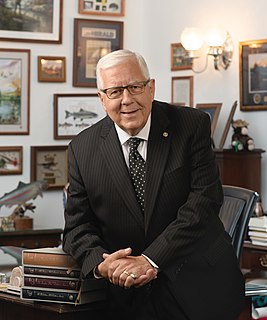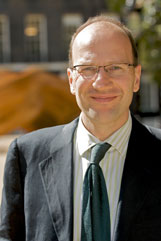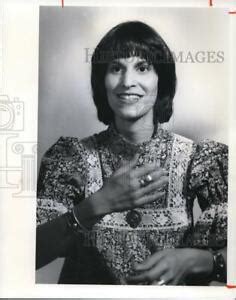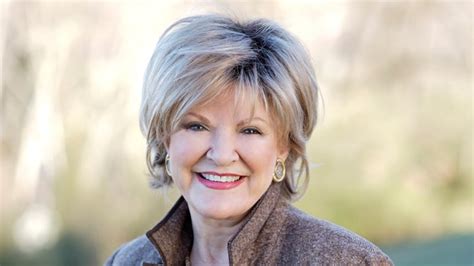A Quote by Viola Davis
August [Wilson] elevates in us is the average man in a way that is heroic and real and human. What you do is you sit with our pathology, you invest in our humanity. We're not walking around like walking symbols like we mean something larger. We're just moving throughout our lives and that's the power of the piece. That's revolutionary.
Related Quotes
Throughout our lives friends enclose us like pairs of parentheses. They shift our boundaries; crater our terrain. They fume through the cracks of our tentative houses and parts of them always remain. Friendship asks the truth and wants the truth, hollows and fills, ages with us, and we through it. It cradles us like family. It is ecology and mystery and language - all three. Our grown-up friendships - especially the really meaningful ones- model for our children what we want them to have throughout their lives.
Our ancestors are looking for us even if we're not looking for them. And by our ancestors I mean our bloodlines and the ancestors of the place where we live and our spiritual kin who go beyond our biological families. We could be walking around carrying an entire ancestral history of the wrong kind for us.
The heart surrenders everything to the moment. The mind judges and holds back.
In most of our human relationships, we spend much of our time reassuring one another that our costumes of identity are on straight.
When we see the Beloved in each person, it's like walking through a garden, watching flowers bloom all around us.
In real life, we're not walking around waiting for something to happen. We live our lives, and then suddenly we fall in love with somebody, and it's a big mess because you have a wife already, and it's going to destroy your life. And, at the same time, it's beautiful. Often, in films, it's not like that.
Happiness is not like we were walking around fingering razor blades or anything like that. But it just sort of seems as if - we sort of knew how happy our parents were, and we would compare our lives with our parents and see that, at least on the surface or according to the criteria that the culture lays down for a successful, happy life, we were actually doing better than a lot of them were.
More than anything else, kindness is a way of life. It is a way of living and walking through life. It is a way of dealing with all that is-our selves, our bodies, our dreams and goals, our neighbors, our competitors, our enemies, our air, our earth, our animals, our space, our time, and our very consciousness. Do we treat all creation with kindness? Isn't all creation holy and divine?
The tragedy in the lives of most of us is that we go through life
walking down a high-walled lane with people of our own kind, the
same economic situation, the same national background and
education and religious outlook. And beyond those walls, all
humanity lies, unknown and unseen, and untouched by our
restricted and impoverished lives.
We carry around in our heads these pictures of what our lives are supposed to look like, painted by the brush of out intentions. It's the great, deep secret of humanity that in the end none of our lives look the way we thought they would. As much as we wish to believe otherwise, most of life is a reaction to circumstances.
Our life as consumers seems light years away from that of our grandparents. But you don't change human nature. Optimism, for me, is the belief that we can spread the opportunity for everyone to be fully human. Sustainability, like music, is an impulse to make sense of the world around us. It is core to our humanity. If you only like one composer, or think all the best music has already been written, you have reason for pessimism. If not, it is within us to have good reason for hope
In our 'don't just sit there, do something' culture, when we get sick we are supposed to become characters in a heroic medical narrative that conceals the remorselessness of pathology, the intractable fact of human vulnerability, and the inevitable inadequacies of medicine. To many of the participants in the medical drama, aggressive treatment - even when it fails - represents a quasi-religious quest for immortality and meaning.
We carve on our body what society teaches us and continue this task, not knowing the identity they force us to have. This identity is carved on our faces and our skins. Not knowing our bodies have become "the paper made of human meat," we stuff our bodies and make them a theater where cultural symbols or suppressed symbols play.
Our society is filled with runaways, dropouts, and quitters. The epidemic of walking away has hit our land with effects as devastating as the bubonic plague, and it has destroyed millions of effective lives and relationships. We are so self-centered that we have ceased to lay down our lives for others. We have seen others faint or walk away and we have followed in their weakness. We have fainted when we could have persevered by exchanging our strength for His! With His strength, not only could we have kept on walking, we could have run!


